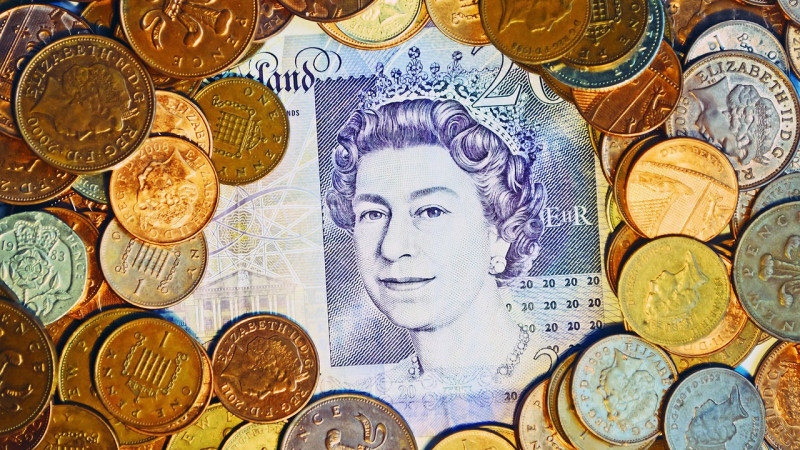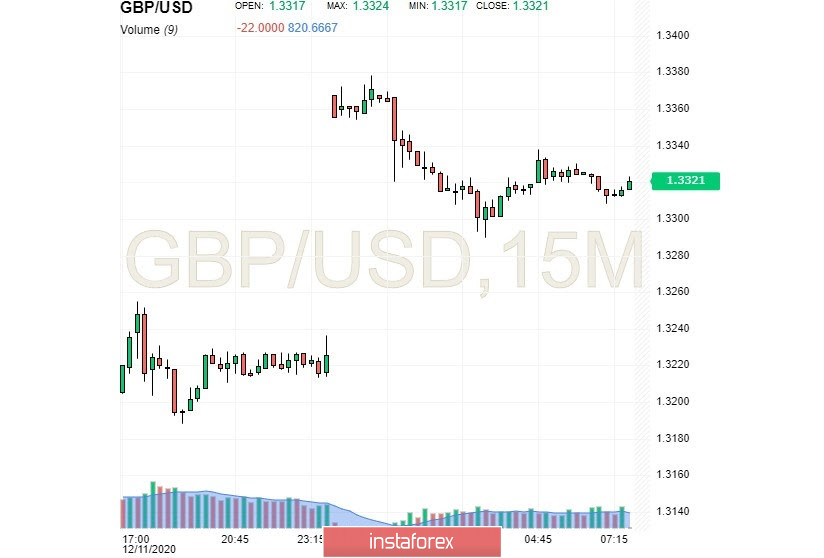
The pound is in an uncertainty state again amid quite decisive actions of European leaders, who are determined to continue Brexit negotiations. Experts emphasize that they intend to make progress in finding mutually beneficial trading conditions and close this issue.
The issues of finding a compromise for the European Union and the UK in view of the last exit from the European bloc have been extending for a long time. The parties cannot agree on a number of trade issues such as fisheries, labor laws, government support and environmental standards. Such disagreements are increasing pressure on the pound as well as destroying the UK economy, weakened by the COVID-19 pandemic.
Moreover, London and Brussels' negotiations resemble a time bomb that could blow up any time. The discussions on the provisions of the trade agreement, which will take effect after Brexit, are not producing any results. Analysts say that most of the controversy is over the fisheries regime. The British authorities are fighting for sovereignty over the catch zones, and the European leaders want to reserve the right to fish in these areas. The deadline for signing a trade agreement is already pressing, which adds pressure to the situation. It can be recalled that the document must be ratified to become effective from January 2021, so the negotiators did not have time to find compromises.
The current situation strongly affects the dynamics of the pound. Analysts are sure that internal economic problems, and Brexit issues are shaking up the British currency. At the same time, the high probability of the UK leaving the EU without a deal contributes to its further decline.
It should be noted that the GBP/USD pair has reversed in the direction of the downward trend five times, moving around the level of 1.3500 over the past two and a half years. This morning, the indicated currency pair started at 1.3320, trying to move higher. Its efforts ended successfully: it managed to consolidate in the range of 1.3321-1.3322, although a decline is still very likely.

In turn, the US dollar's current weakening across the entire market spectrum supports the pound. According to experts, this gives a good chance for GBP buyers who can make a profit even if the negotiations fail. However, Standard Bank experts have a different opinion. Last Friday, they recommended selling the pound, afraid of another stagnation in Brexit's negotiations or a negative decision. However, amid optimism about further successful discussions, the pound soared on Monday, inspiring markets. But currency strategists at IG Securities claim that this is just a temporary growth. They summarized that a deterioration of the situation will lead to another sell-off of the pound. Nevertheless, experts are confident that a partial deal with the ability to continue negotiations in 2021 can save the pound.
Earlier, Boris Johnson, Britain's Prime Minister, expressed concerns about the unlikelihood of concluding a deal with the European Union. The fundamental differences over fishing rights continues to be the main problem. An additional burden was a number of economic issues which remain unsolved. Economists fear that the trillion-dollar trade turnover of both countries will fall under WTO rules if no-deal Brexit is implemented. Experts emphasized that this means a multiple increase in trade duties. As a result, companies on both sides of the channel will be at a loss, and mutual trade will become unprofitable. The increased pressure on the Euro, which is at risk of declining, will also worsen the situation.
According to experts, the inability to compromise on the United Kingdom's withdrawal from the Euro bloc will lead to the restoration of full-scale customs and border controls. The implementation of such a scenario in the first months of this year will ensure a collapse at the borders and serious interruptions in the supply of goods. Analysts said that another negative consequence will be a 7.6% decline in UK GDP in 15 years. But in case of leaving the EU with a free trade agreement, the country's GDP will decrease by only 4.9%. Experts sum up that this document will minimize the negative impact on the British economy.
 English
English 
 Русский
Русский Bahasa Indonesia
Bahasa Indonesia Bahasa Malay
Bahasa Malay ไทย
ไทย Español
Español Deutsch
Deutsch Български
Български Français
Français Tiếng Việt
Tiếng Việt 中文
中文 বাংলা
বাংলা हिन्दी
हिन्दी Čeština
Čeština Українська
Українська Română
Română

